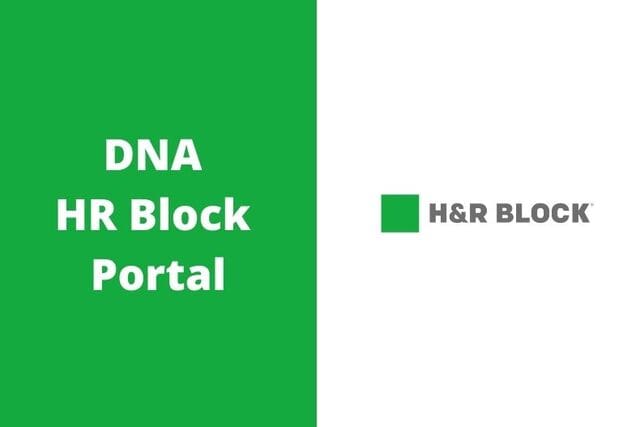Scottish Widows’ saw family finances fall to their lowest level since the outbreak began at the finish of last year.
According to the latest survey, UK families have seen the highest drop in their economic well-being as the cost of housing rises.
Scottish Widows’ monthly household credit index decreased to 40.1 in the fourth quarter of that year, dropping from 44.0 in the third quarter.

It was the highest drop in the rating since the second quarter of 2020, with the 50-mark separating progress from regression in the household’s economic standing.
With rising prices at a ten-year record of 5.1 percent and anticipated to rise to 6 percent by the springtime, a peak that has not been seen for three decades, the report is the clearest indicator that people are struggling financially with rising prices.
Prices pushed up by increasing electricity prices, increased food expenses, and increased interest rates – indicating higher annual housing loan payments – and Insurance Company increases have added to the economic burden on families.
According to the Scottish Widows survey, the amount of currency left to spend has dropped at a rapid speed in 8 years.
Savings were also squeezed, despite a minor decrease in work income.
According to the report, only the wealthiest earners contributed to short-term term deposits, while lower-income people battled to save cash.
However, the need for unsecured credit, including late payments and debit cards, has increased again, even though supply has decreased.
Concerns about prices caused families to remain unhappy. They kept worrying about their future throughout 2022, according to the survey.
As the latest Omicron virus took root, they lowered their hopes in December.
The figures were derived from a quarterly poll of 1,500 individuals conducted across the United Kingdom.
As a result, the existing economic strain left an impact on the upcoming financial management.












Leave a Reply